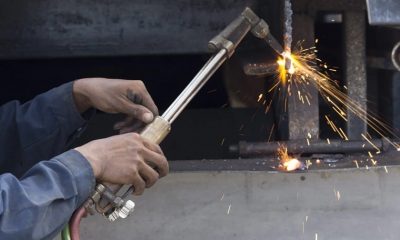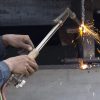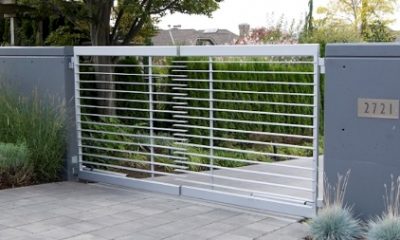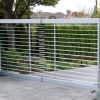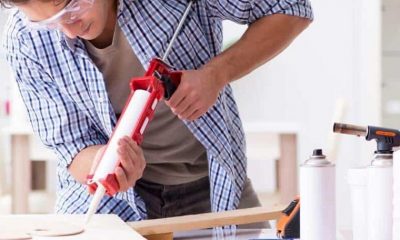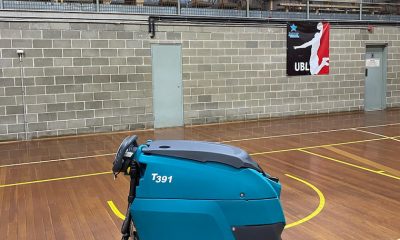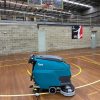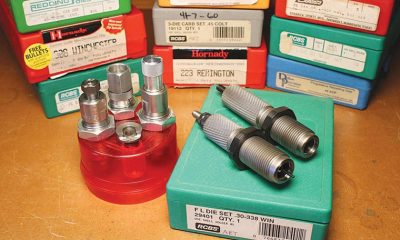Industrial Equipment
Benefits of Chemical Anchors and the Different Types of Anchors Available
Chemical anchors is the generic term used to refer to steel bolts, anchors and studs that are bonded into substrates, such as concrete and masonry, using resin-based adhesive. Also known as masonry resin anchors, these anchors are used to bond metallic elements and substrate materials. The metallic elements are typically rods, whereas the substrate is typically mortar or brick. Synthetic resin adhesive is used to create the bond.
That being said, masonry resin anchors are very effective when used in high-load applications. The bond is so strong, it’s stronger than the base materials they bond. The chemical adhesion makes it so the base material isn’t placed under any load stress. As a result, these anchors have become the most popular option. They were initially only used in concrete designed to hold heavy loads, making them ideal for close-to-edge fixating, use in concrete of low compressive strength, or concrete of unknown quality.
Types of Chemical Anchors
There are five basic types of chemical anchors used in structures with different specs.
Polyester Chemical Anchors
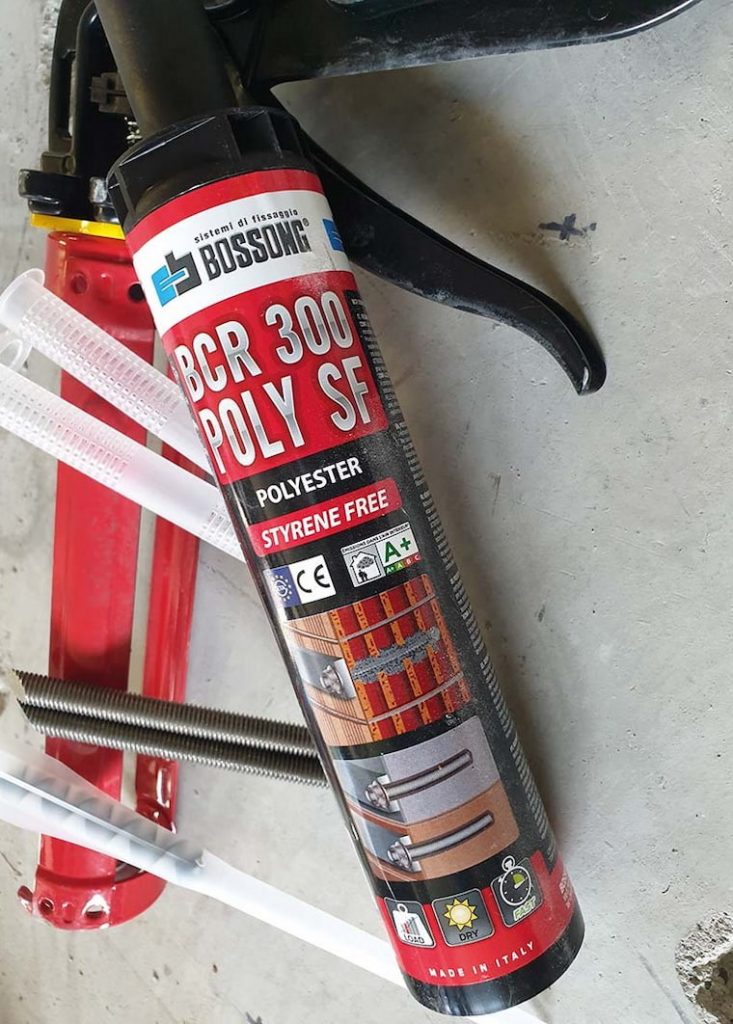
These anchors are a commonly used anchoring system that’s easy to use in a wide range of applications. It’s a reactive resin used for making 2-part injection mortar. Polyester chemical anchors are used for fixating staircases, handrails, steel dowels, facades, sound barriers, brackets, awnings, etc. They can also be used for medium loading, dry concrete, threaded rod and rebar, as well as uncracked bases.
Unsaturated Polyester Chemical Anchors
Unsaturated polyester chemical anchors are reactive resins used in the making of two-part injection mortars, whereby both unsaturated polyester resins are dissolved in styrene, whereas styrene-free unsaturated polyester resins are dissolved with monomers. That being said, there are different formulations of unsaturated polyester chemical anchors to provide a wide range of benefits and applications. In modern unsaturated polyester chemical anchors, low-level resins are used for masonry and uncracked concrete applications. On the other hand, pure epoxies and methacrylates are used in more stressful applications, such as areas with seismic conditions, rebar and cracked concrete.
Epoxy Acrylate Chemical Anchors
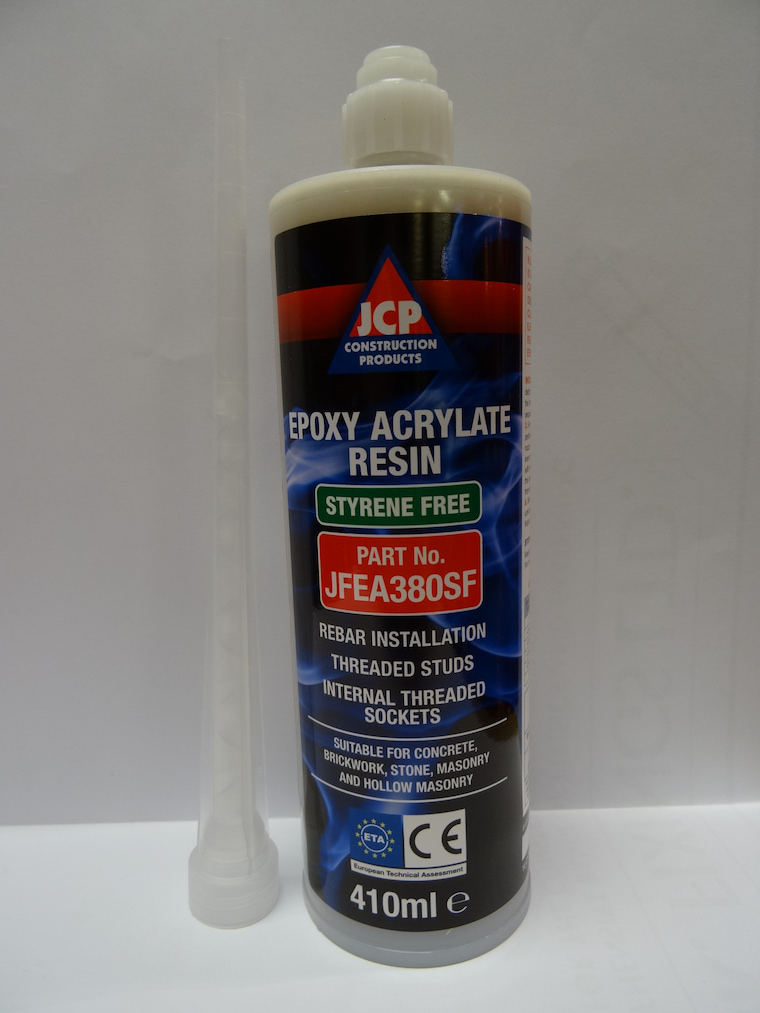
These anchors are two-part resins made for use in concrete and masonry. Unlike other types of anchors, they’re fast-curing and high-strength resins made for handling high loads and important fixtures in corrosive or damp environments. They’re applied for handling heavy loads where high performance is essential. They don’t produce a lot of odour and are based on styrene-free vinyl ester tech with high reactivity. Epoxy acrylate chemical anchors are highly resistant to chemicals, which is why they’re used in aggressive or humid environments. They’re also used as underwater anchors. Moreover, they can be used for fixating solid construction support, as well as hollow materials such as floors, columns, facades and walls.
Pure Epoxy Chemical Anchors
Pure epoxy chemical anchors provide high bond strength to concrete failure, making them suitable for all types of climates. They’re ideal for use in high-load applications, as the resulting bond is stronger than the base material. They don’t add any extra load stress and are ideal for close-to-edge fixating, group and reduced centre anchoring and use in concrete of low compressive strength or unknown quality.
Hybrid Anchoring Systems
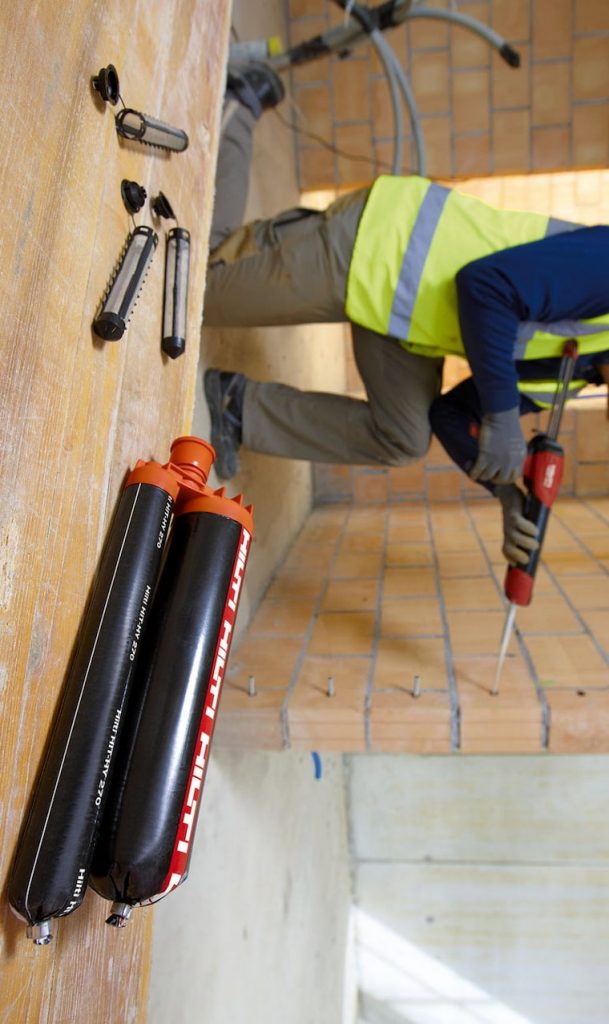
Hybrid anchoring systems include a two-component chemical anchor designed to cure fast so the fastening point can be loaded faster than it would with an epoxy anchor. These systems are used anywhere where you need to insert threaded rods or rebars into concrete. Highly reactive resins can be injected into boreholes when you need to anchor structural steel connections like columns or steel beams into concrete, before inserting the steel stud or bolt. The reacting mixture is used to fill all the irregularities, and make the hole airtight with total adhesion, providing extra load strength. Additionally, these systems reinforce the structure of the concrete walls and the borehole, making them resistant to cracking. Lastly, hybrid chemical anchoring systems allow the user to make adjustments to the stud’s alignment while the mixture is curing.
Conclusion
If you are unsure about the quality of the concrete you’re dealing with, chemical anchors are your safest bet. They come in a wide range of variations and delivery systems, so you can easily find one suitable for your applications. As you can see, all chemical anchors rely on the same principle – they use a base resin that’s combined with another element which starts the curing process. It’s important to explore the different types of resin options before you make your choice. As they have an unlimited embedment depth, you can embed any length of rod into a hole to improve their load bearing capacity.
Writing for the blog since 2012, Chris simply loves the idea of providing people with useful info on business, technology, vehicles, industry, sports and travel – all subjects of his interest. Even though he sounds like quite the butch, he’d watch a chick flick occasionally if it makes the wife happy, and he’s a fan of skincare routines though you’d never have him admit that unless you compliment his impeccable skin complexion.

